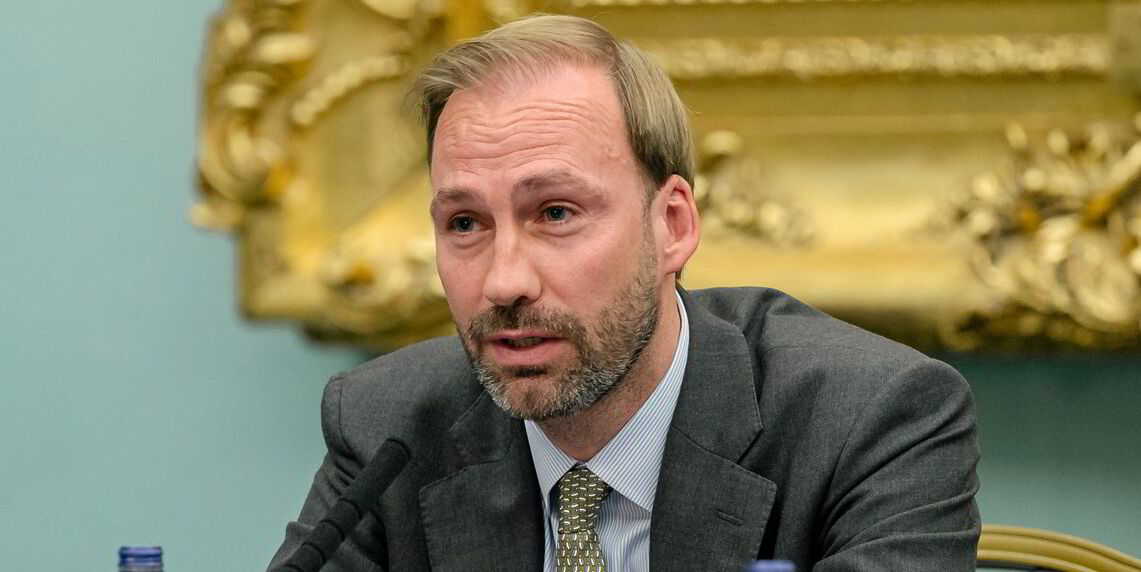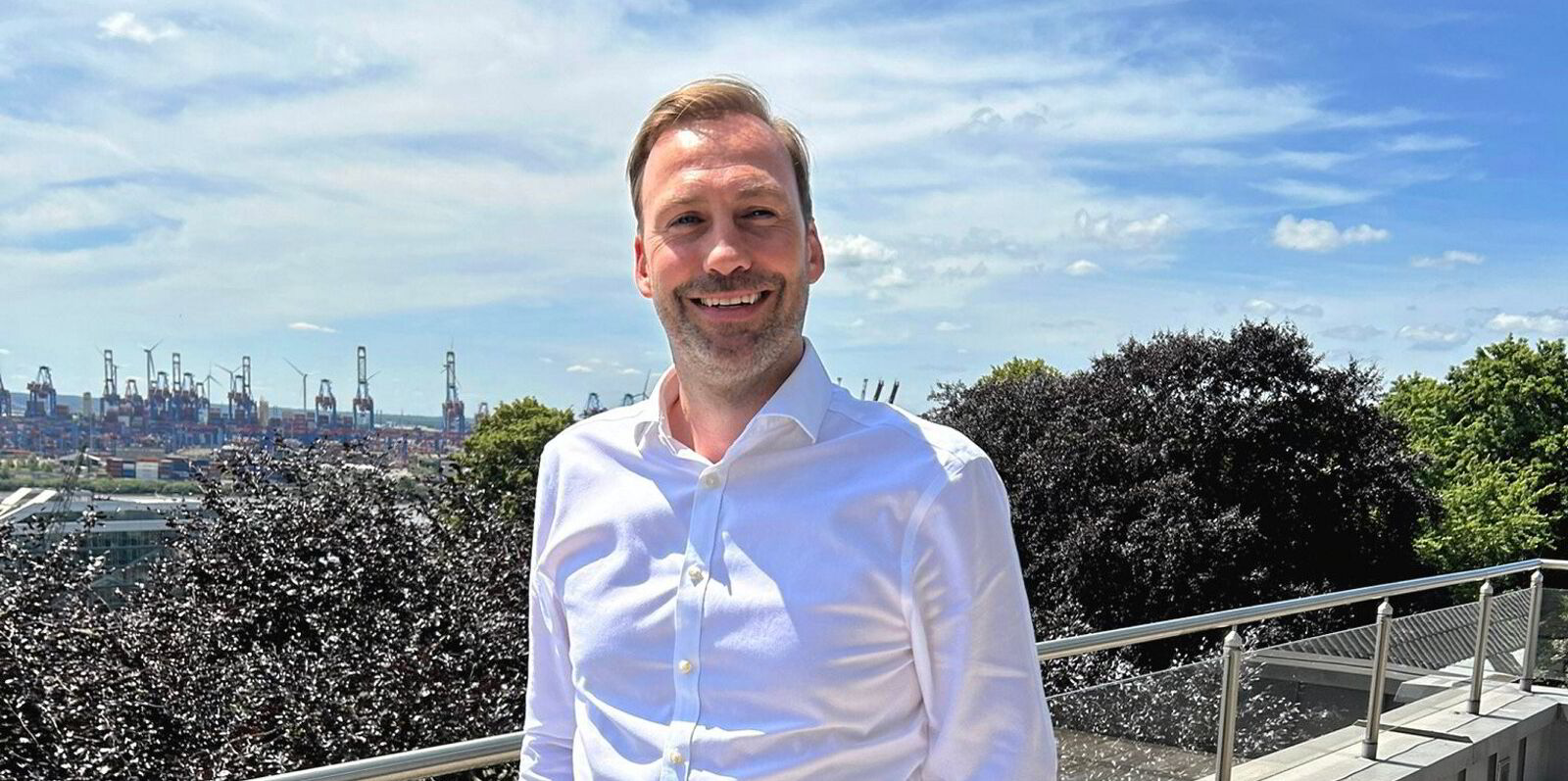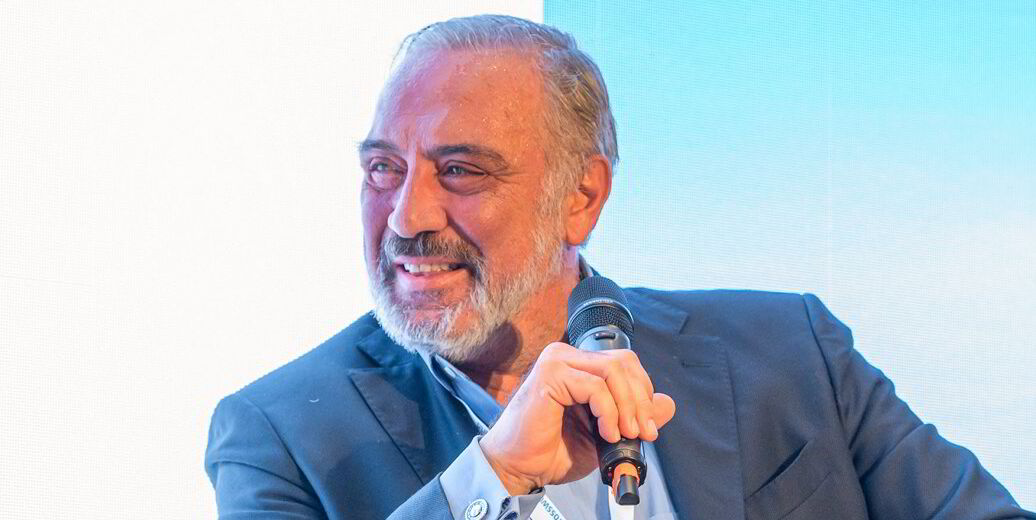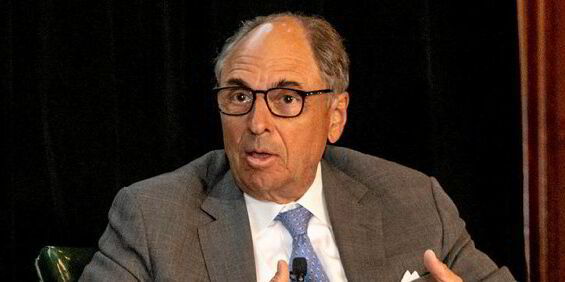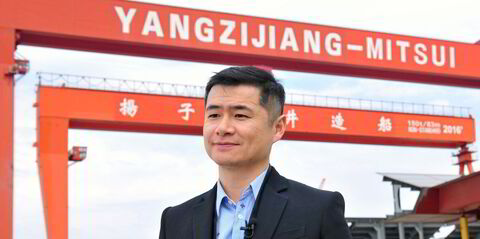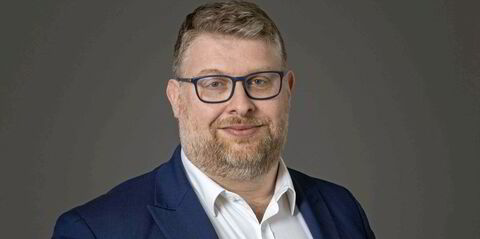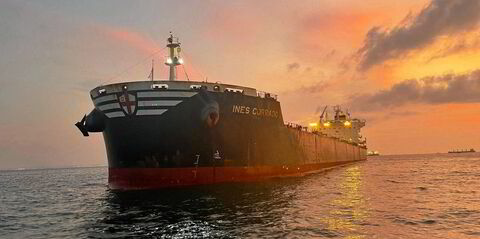Constantin Baack has highlighted retrofitting as a “super-important” component in MPC Container Ships’ fleet renewal process.
The chief executive of the Hamburg-based boxship tonnage provider and its largest shareholder, MPC Capital, told a Capital Link decarbonisation forum that it had completed 20 retrofits this year.
Baack believes that sharing the burden and benefit with charterparties and partners is the key in helping shipping decarbonise.
“We have a very close dialogue with our charterers and created joint retrofit programmes with various liner partners, though I won’t disclose any names,” he said.
“We’ve bought secondhand ships agreed with charterers on a joint retrofit and extended the charter. This is a win-win situation for owners and charterers with a great payback.”
John Lycouris, director at Dorian LPG, said working with charterers is a “winning formula for the future” when a client is willing to profit share for new technology.
On his comfort level with investing in new fuels and technology, Lycouris acknowledged that considerations range from maturity, liability and economic viability to the risk management of the fuel.
“I think we will eventually have to use these new fuels, at some point,” he said.
“The 2030s are going to be quite challenging in meeting emissions requirements set for us by IMO and EU.”
Baack added: “I am quite comfortable with new fuels and we are indeed developing certain projects with our charter partners and cargo owners that address the issues.”
However, he admitted that it is easier to adapt to these changes in container shipping, with its long-term time charters, compared with other sectors operating in the spot market.
Stavros Gyftakis, chief financial officer of Seanergy Maritime Holdings, agreed that it is a different story for bulkers.
“Dry bulk is more spot market-orientated, so owners are less keen to invest in other technology,” he said.
“The chartering market right now is not supportive of high capex because we are lacking long-term fixed revenue contracts at rates that cannot support such capex.
“That’s why we have seen underinvestment on the dry bulk side in alternative fuels. The few orders we have seen have been conventionally fuelled vessels.”
Gyftakis also admitted that the average cost for a retrofit that would ensure vessels remain competitive would be much more reasonable in the $1m to $2m range.
George Saroglou, president of Tsakos Energy Navigation (TEN), indicated that it is selling older vessels and replacing them with more efficient and environmentally friendly tonnage.
“We’ve sold 13 vessels on average 18 years old since the beginning of 2023 and replaced with 21 tankers on average one year old,” he said.
“Six out of 21 are dual-fuel vessels burning conventional fuel and LNG. This marks the entrance of our company into the dual-fuel universe.
“We are the company with the largest concentration of dual-fuel vessels today,” he said, adding that TEN is committed to this strategy “on our own and with our charterers”.
Lycouris said that Dorian LPG began to look at improving the efficiency of its vessels and its carbon profile in 2015, as it was “apparent this was going to happen”.
“Luckily, we built most of our vessels in 2015 to be eco-friendly. We were one of the first companies to use scrubbers,” he said.
“I think we are going in the right direction; we are on the right track as an industry. But for the future, we need new technology and new fuels. I think that’s where challengers will come.”

